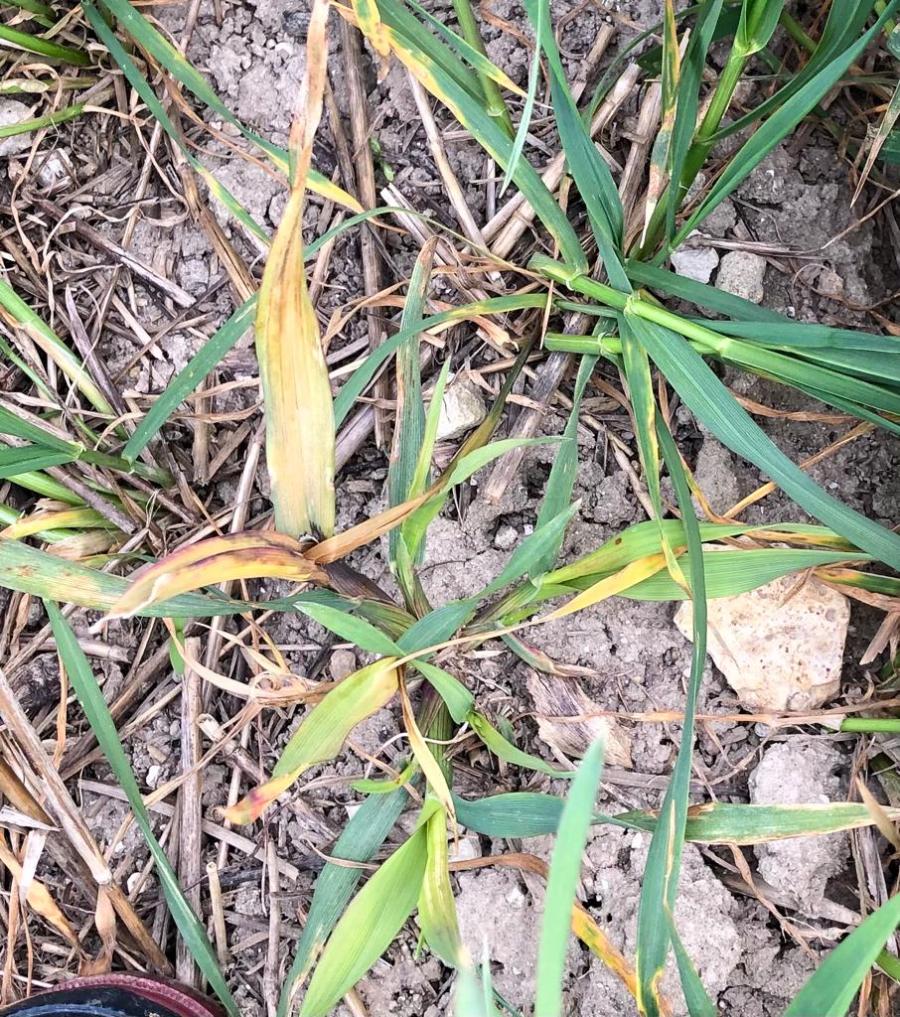New data from Corteva has shown high levels of control of volunteer oats in the autumn with its Broadway Star herbicide.
Unwanted oats are typically addressed in the spring, but if left unchecked for months volunteers can impact yield.
Trials conducted over the past 12 months using Corteva’s Broadway Star (pyroxsulam+ florasulam) herbicide show that where tame oats were treated in the autumn – when small – almost 100% control was achieved.
The varieties Fusion, Elyann, Isabel, Balado, Mascani, Lineout, Southwark, Canyon and Dalguise were used in the research work.
In all cases, Broadway Star achieved near 100% control when applied with an adjuvant in the autumn when volunteers were smaller. The results from early and late-spring applications were a lot more variable.
Volunteer vigilance
Corteva advises growers to check for volunteers in any fields where oats were harvested last year, and act this autumn where the need arises.
“Volunteer oats can be more difficult to manage than wild oats and there is a more limited choice of products available that effectively control them,” says Corteva’s cereal herbicide product manager Alister McRobbie.
“Broadway Star is a contact herbicide that needs active weed growth for best results, so warm moist conditions are essential for optimum performance, and conditions are good for that at the moment.”
Timely application
Timing trials have also suggested best results occur when soil temperatures are 8°C or above at a 10cm depth, adds Alister.
“Spray quality should be fine, or the finer side of the medium spectrum. We recommend a conventional flat-fan nozzle at 130-150 l/ha water volume to provide the best combination of droplet size and coverage,” he says.
“But you can go down to 100 l/ha providing the crop or weed density is not too great.”
Air induction or low drift nozzles are not recommended and adding an adjuvant such as Abacus, Activator 90, Drill, Kinetic or Torpedo is critical to performance, he concludes.




